Wikipedia says: “The Frankish realm under Charles Martel was the foremost military power of Western Europe. During most of his tenure in office as commander-in-chief of the Franks, it consisted of north and eastern France (Austrasia, Neustria and Burgundy), most of western Germany, and the Low Countries (Luxembourg, Belgium and the Netherlands). The Frankish realm had begun to progress towards becoming the first real imperial power in western Europe since the fall of Rome.” (Which it did when Charles’ grandson Charlemagne became Emperor of the Franks in 800 A.D.)

To his south, the Islamic Caliphate was spreading like wildfire. A clash was inevitable, as the advancing armies of Islam had no intention of stopping at the Frankish border.

“The Battle of Tours (a.k.a. the Battle of Poitiers) [in north central France] followed two decades of Umayyad conquests in Europe which had begun with the invasion of the Visigothic Christian Kingdoms of the Iberian Peninsula in 711. These were followed by military expeditions into the Frankish territories of Gaul, former provinces of the Roman Empire. Umayyad military campaigns had reached northward into Aquitaine and Burgundy, including a major engagement at Bordeaux and a raid on Autun. Charles’s victory is widely believed to have stopped the northward advance of Umayyad forces from the Iberian Peninsula, and to have preserved Christianity in Europe during a period when Muslim rule was overrunning the remains of the old Roman and Persian Empires.”
Charles consolidated his own realms, fighting the Saxons in the northeast and allowing the Muslims to defeat the forces of Christendom’s lesser rival kings in southern Gaul if they refused to submit to his authority. Odo, Duke of Aquitaine, suffered particularly brutal losses to both Charles and to the invading Muslims at Toulouse and Bordeaux after initially refusing to acknowledge Charles’ leadership. But soon, Charles was the undisputed master of Gaul, and ready to fight off the armies of Islam pouring north from Spain.

“The Franks were victorious. ‘Abdul Rahman Al Ghafiqi was killed, and Charles subsequently extended his authority in the south. Details of the battle, including its exact location and the number of combatants, cannot be determined from accounts that have survived.“
“Losses during the battle are unknown but chroniclers later claimed that Charles Martel’s force lost about 1,500 while the Umayyad force was said to have suffered massive casualties of up to 375,000 men. However… Contemporary historical analysis may be more accurate than the medieval sources as the modern figures are based on estimates of the logistical ability of the countryside to support these numbers of men and animals… Other sources give the following estimates: “the Frankish army 15,000 – 80,000. In spite of wildly varying estimates of the Saracen force, …50,000 [is] not an uncommon estimate.”
“Ninth-century chroniclers, who interpreted the outcome of the battle as divine judgment in his favour, gave Charles the nickname Martellus (“The Hammer”). Later Christian chroniclers and pre-20th century historians praised Charles Martel as the champion of Christianity, characterizing the battle as the decisive turning point in the struggle against Islam, a struggle which preserved Christianity as the religion of Europe; according to modern military historian Victor Davis Hanson, “most of the 18th and 19th century historians, like Gibbon, saw Poitiers (Tours), as a landmark battle that marked the high tide of the Muslim advance into Europe.” Leopold von Ranke felt that “Poitiers was the turning point of one of the most important epochs in the history of the world.”
When Nostradamus described great battles in France between the forces of an Islamic Alliance of nations and those of Western Europeans in the early 21st century – was he merely seeing the distant past (as some would argue) or is the same region in central France destined to serve as the main battleground and turning point for the Islamic invasion of Europe in WWIII? Given the French prophet’s descriptions on the 21st century timing, the use of nuclear weapons, and the eventual involvement of both Russians and Americans, it would seem that – unfortunately for Europe, and the rest of the world – history will soon repeat itself.
If interested in the next battles prophecies describe for France – read:
Nostradamus and the Islamic Invasion of Europe
